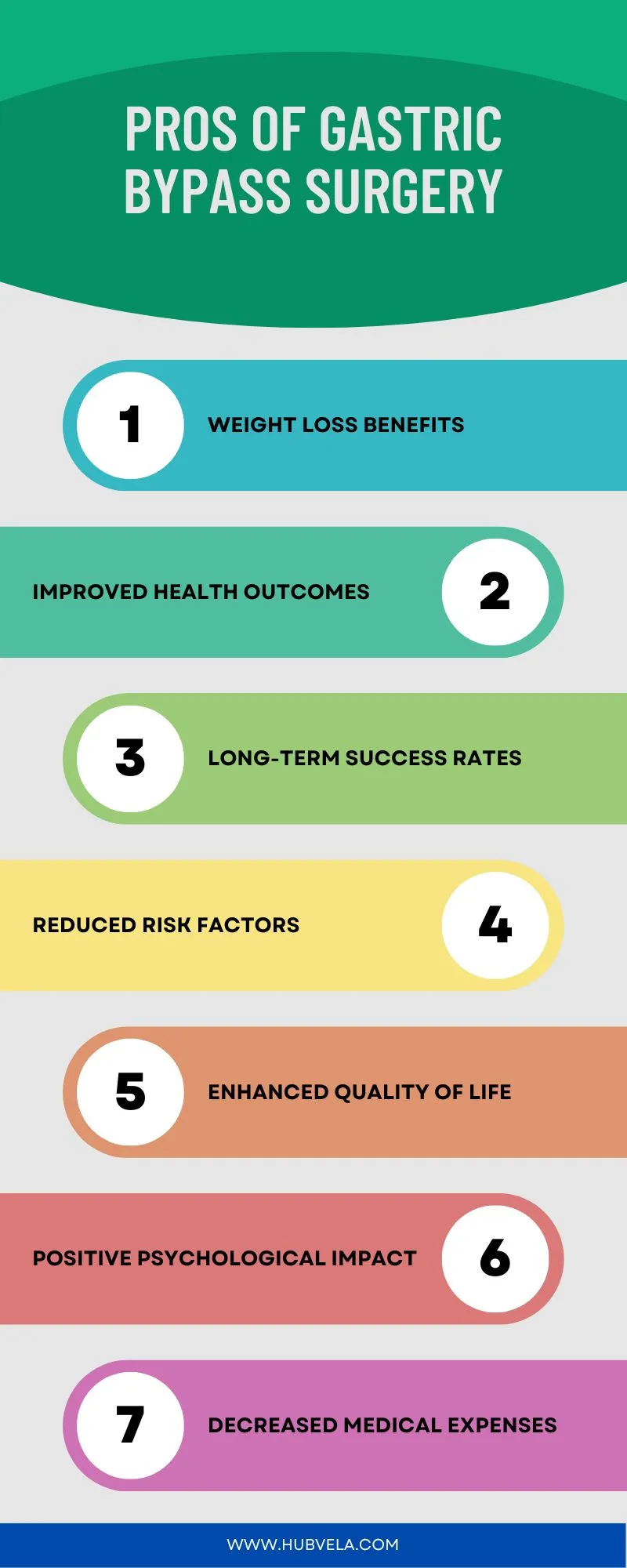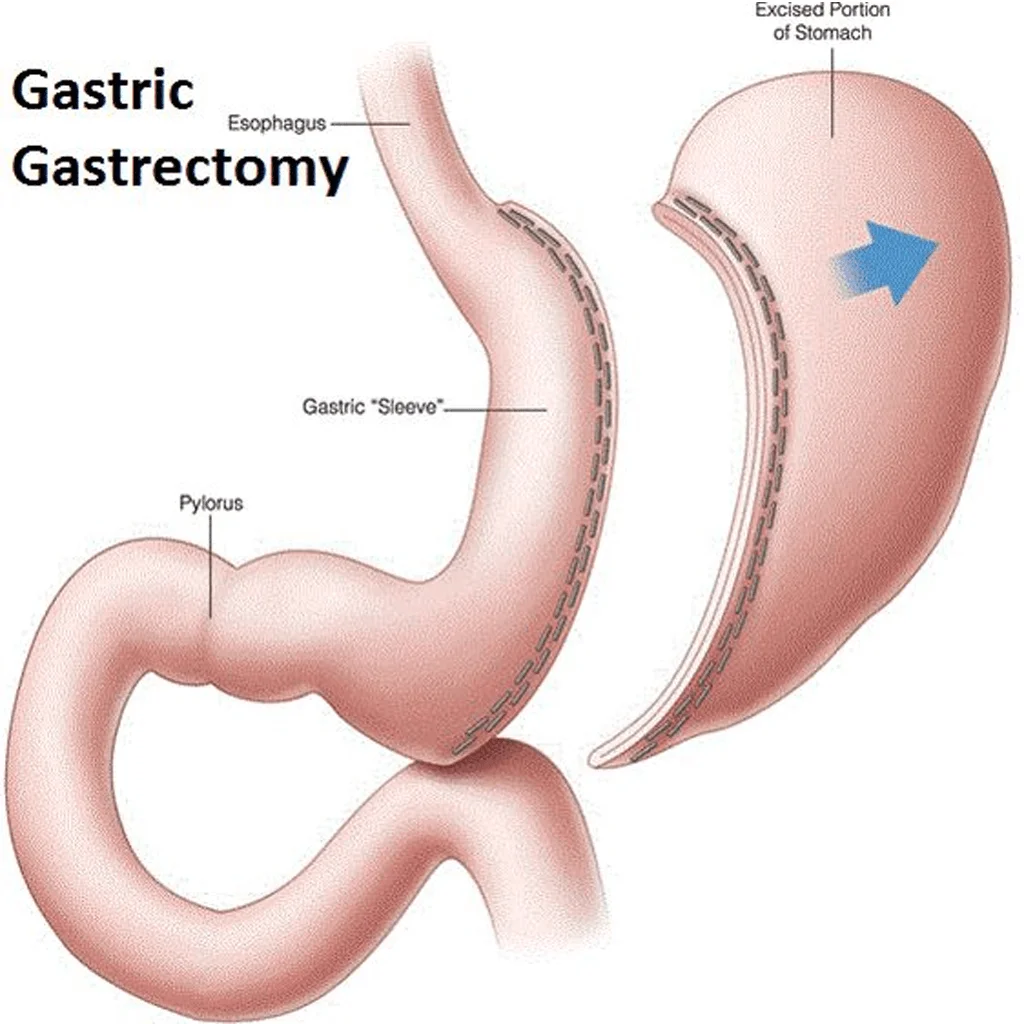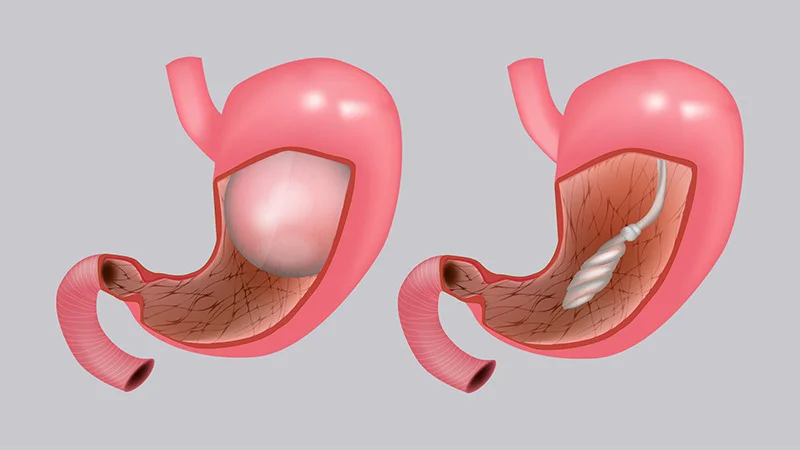7 Essential Diet and Nutrition Tips After Sleeve Gastrectomy:
Sleeve gastrectomy is a popular obesity surgery that helps individuals achieve significant weight loss by altering their stomach’s size. This procedure involves removing a large portion of the stomach, leaving behind a tube-like structure, or “sleeve,” which significantly limits the amount of food one can consume. Post-operative care, particularly regarding diet and nutrition, plays a crucial role in the success of the surgery. In this blog post, we will explore seven essential diet and nutrition tips to help you navigate your journey after sleeve gastrectomy.
Understanding Sleeve Gastrectomy
What Is Sleeve Gastrectomy?
7 Essential Diet and Nutrition Tips After Sleeve Gastrectomy
Sleeve gastrectomy is a type of bariatric surgery designed to help individuals with obesity achieve weight loss. During the procedure, approximately 75-80% of the stomach is surgically removed, creating a small, sleeve-shaped stomach that can hold much less food than a normal stomach. This operation not only reduces food intake but also impacts hormones that regulate hunger, leading to decreased appetite.
How It Compares to Other Obesity Surgeries
When considering weight loss surgery, it’s essential to understand how sleeve gastrectomy compares to other procedures such as mini gastric bypass, Roux-en-Y bypass, and gastric balloons.
- Mini Gastric Bypass: This surgery involves creating a small pouch and rerouting the small intestine, leading to both restriction and malabsorption of nutrients.
- Roux-en-Y Bypass: This procedure also creates a small stomach pouch and reroutes the intestines but is more complex than sleeve gastrectomy.
- Gastric Balloon: A non-surgical option, this involves placing a balloon in the stomach to promote early satiety and weight loss without permanent changes to the stomach’s structure.
Understanding these differences will help you make informed decisions about your weight loss journey.
1. Follow Your Doctor’s Dietary Guidelines
Why Following Guidelines Is Crucial
7 Essential Diet and Nutrition Tips After Sleeve Gastrectomy
After sleeve gastrectomy, your stomach will need time to heal. Following your doctor’s specific dietary guidelines is vital for promoting healing and preventing complications. These guidelines typically evolve through phases: clear liquids, full liquids, soft foods, and then solid foods.
Phased Approach to Eating
- Clear Liquids (1-2 weeks post-op)
- Broths, clear juices, and sugar-free drinks.
- Full Liquids (2-4 weeks post-op)
- Smoothies, protein shakes, and creamy soups.
- Soft Foods (4-6 weeks post-op)
- Mashed potatoes, yogurt, and soft fruits.
- Solid Foods (6 weeks and beyond)
- Lean meats, vegetables, and whole grains.
2. Prioritize Protein: Aim for 60-80 Grams Daily
Importance of Protein
After sleeve gastrectomy, protein becomes a crucial part of your diet. It helps maintain muscle mass and supports recovery. Due to your smaller stomach size, you must be intentional about meeting your protein needs.
How to Incorporate Protein
- Protein Shakes: Easy to digest and can be fortified with additional protein.
- Lean Meats: Chicken, turkey, and fish are excellent sources.
- Legumes: Beans and lentils provide both protein and fiber.
- Dairy Products: Greek yogurt and cottage cheese are nutritious options.
3. Hydration Matters: Drink at Least 64 Ounces Daily
The Role of Hydration
Staying hydrated is vital for your overall health, especially after surgery. Dehydration can lead to serious complications and hinder your weight loss progress.
Tips for Staying Hydrated
- Sip Throughout the Day: Avoid drinking large amounts at once, as it can fill your stomach and cause discomfort.
- Choose Low-Calorie Drinks: Water, herbal teas, and sugar-free beverages are great options.
- Avoid Carbonated Drinks: They can cause bloating and discomfort post-surgery.
4. Mindful Eating: Focus on Portion Control
Importance of Mindful Eating
7 Essential Diet and Nutrition Tips After Sleeve Gastrectomy
After surgery, your stomach’s capacity will be significantly reduced. Practicing mindful eating is essential to help you recognize hunger and fullness cues.
Strategies for Mindful Eating
- Use Smaller Plates: This can help control portion sizes and prevent overeating.
- Eat Slowly: Take your time to chew thoroughly and enjoy your meal.
- Listen to Your Body: Stop eating when you feel satisfied, not stuffed.
5. Incorporate Fruits and Vegetables: Aim for 5 Servings Daily
Nutritional Benefits
7 Essential Diet and Nutrition Tips After Sleeve Gastrectomy
Fruits and vegetables are rich in vitamins, minerals, and fiber, making them essential for your post-surgery diet. They can help you feel full while providing necessary nutrients.
Ways to Include Fruits and Vegetables
- Smoothies: Blend fruits and leafy greens for a nutritious drink.
- Soups: Pureed vegetable soups are a great way to consume your veggies.
- Snacks: Choose raw or lightly steamed vegetables as snacks.
6. Limit Sugar and Processed Foods
The Impact of Sugar and Processed Foods
7 Essential Diet and Nutrition Tips After Sleeve Gastrectomy
After sleeve gastrectomy, it’s crucial to minimize sugar and processed foods in your diet. These foods can lead to “dumping syndrome,” where your body reacts poorly to sugar intake, causing symptoms like nausea and diarrhea.
Tips for Reducing Sugar and Processed Foods
- Read Labels: Become familiar with nutrition labels to avoid hidden sugars.
- Cook at Home: Preparing meals at home allows you to control ingredients.
- Choose Whole Foods: Focus on whole, unprocessed foods like whole grains, fresh produce, and lean proteins.
7. Regular Follow-Up and Nutritional Monitoring
Importance of Regular Check-Ups
7 Essential Diet and Nutrition Tips After Sleeve Gastrectomy
Post-surgery, regular follow-up appointments with your healthcare provider or dietitian are essential for monitoring your progress. They can help you adjust your diet and identify any nutritional deficiencies.
Nutritional Monitoring
- Vitamins and Supplements: You may need to take vitamins, such as B12, calcium, and iron, as your new stomach may not absorb nutrients as efficiently.
- Blood Tests: Regular blood tests can help monitor vitamin and mineral levels.
Conclusion: 7 Essential Diet and Nutrition Tips After Sleeve Gastrectomy
Diet and nutrition play a vital role in the success of sleeve gastrectomy and your overall health post-surgery. By following your doctor’s guidelines, prioritizing protein, staying hydrated, practicing mindful eating, incorporating fruits and vegetables, limiting sugar and processed foods, and maintaining regular follow-ups, you can pave the way for a healthier, more fulfilling life. Remember, this journey is about making sustainable changes that will benefit you in the long run, helping you achieve your weight loss goals while enjoying a balanced diet. Embrace this new chapter, and don’t hesitate to seek support from healthcare professionals, family, and friends. Your journey to health is just beginning!





